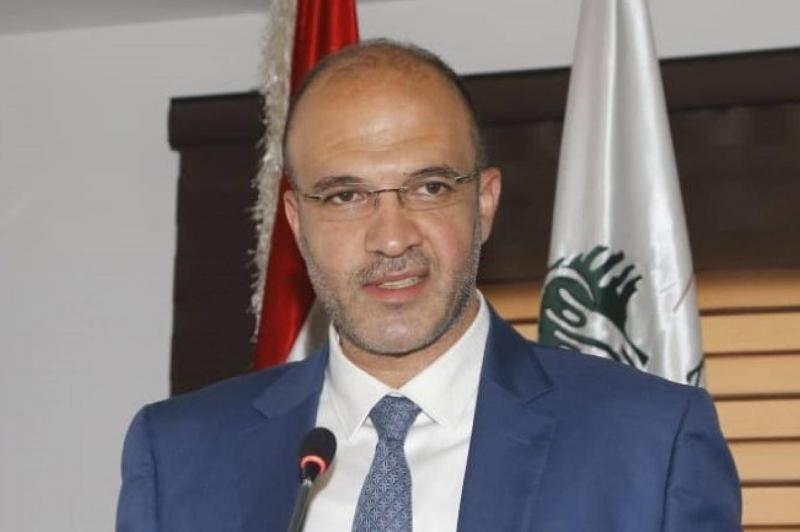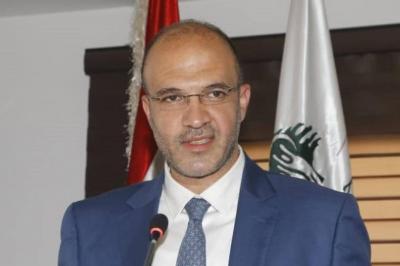The Minister of Public Health in the caretaker government, Dr. Hamad Hassan, announced that "the vaccination campaign has proven, after a week since its launch, to be executed well and systematically, despite some violations being promptly addressed in certain centers."
He added, "The success rate on the national registration platform is rapidly improving and being adjusted according to needs, such as moving up the appointments of those whose scheduled times come directly after those who may miss their vaccination, ensuring that no vaccine dose is wasted." In an interview with Al-Mayadeen, marking a year since the outbreak of the coronavirus, Hassan confirmed that "the challenges we faced in dealing with the pandemic were incredibly difficult, particularly the epidemic surge resulting from leniency during the holidays and the prior repercussions of the port explosion." He emphasized that "the vaccine provided an additional, effective factor in combating the pandemic, alongside preventive behavior."
He noted that "in the near future, multiple types of vaccines will be available and will be free for Lebanese citizens," reaffirming the principles of fairness and transparency. He announced that "Lebanon will receive 250,000 doses of Pfizer by the end of March, with shipments continuing until reaching a total of two million one hundred thousand doses." He revealed that "Lebanon has started rapid discussions with the company to secure more of this vaccine, which research has proven effective."
He continued, "The Ministry of Health had reserved two million seven hundred fifty thousand doses with the COVAX platform, and recently signed to receive one and a half million doses of AstraZeneca. As for the Russian vaccine, contrary to rumors, we approached the embassy early last September with a letter requesting the vaccine and securing a gift, and negotiations are still ongoing. Additionally, the ministry has begun studying the Chinese vaccine after completing the documentation."
He clarified that "importing the Russian vaccine through the Ministry of Public Health guarantees maintaining sensitive shipping conditions at temperatures below 18 degrees or through a tripartite agreement that secures additional vaccines for community initiatives." The Minister expressed surprise at the "continuation of media distortion regarding the performance of the Ministry of Public Health, such as the rumor that the Pfizer vaccine will not be delivered to Lebanon for certain political reasons, or that the Ministry has been selective in distributing equipment to hospitals, among many other false claims."
He pointed out that "those who spread this news do not bother to verify its accuracy or find a convincing argument for confrontation," confirming that "the ministry responds to these recurring allegations by adhering to the established plans and showing serious operational performance, reflecting positively on all Lebanese. The reality has proven that the Pfizer vaccine has arrived in Lebanon on the announced dates, and that equipment has been distributed to all hospitals across every region without discrimination while international organizations continue to interact confidently and effectively with the ministry despite attempts by some to harm this relationship."
Hassan observed that "a year into the pandemic, the outlook for the public health sector seems different from before. This sector has been supported in an organized, systematic, and unprecedented manner regarding the equipping of government hospitals with intensive care rooms and modern, advanced equipment. These healthcare institutions have gained the trust of Lebanese citizens from all segments and classes."




